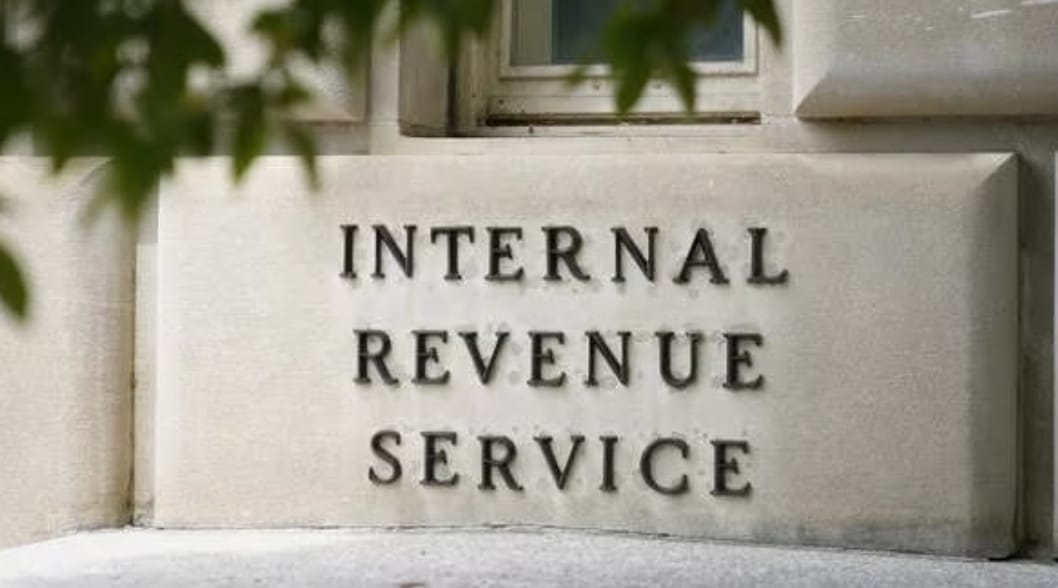IRS to Send Surprise Stimulus Payments to 1 Million Americans—Check If You’re Eligible!
The IRS is rolling out automatic stimulus payments to more than 1 million taxpayers in the coming weeks. These payments are part of a federal effort to ensure that eligible individuals and families receive financial relief they may have missed during earlier stimulus rounds.

If you think you might qualify for this payout, here’s what you need to know about who is eligible when payments will arrive, and how to track your status.
Why Are Stimulus Payments Being Issued Now?
The IRS is issuing these payments to correct gaps from earlier stimulus programs and provide additional financial support to taxpayers who qualify. This initiative includes:
- Missed Payments: Some individuals didn’t receive their full stimulus payments due to filing errors or delays.
- Tax Credit Adjustments: Changes to tax filings, such as updated Earned Income Tax Credit (EITC) or Child Tax Credit (CTC) claims, may trigger new payments.
- Eligibility Changes: Taxpayers whose financial situations changed—such as reduced income or the addition of a dependent—are now eligible for additional payments.
Who Will Get These Payments?
Eligibility depends on several factors, but the payments are targeted toward individuals and families meeting these criteria:
- Tax Filing: Taxpayers who filed federal tax returns in recent years, or those who submitted non-filer information to claim past stimulus funds, are eligible.
- Income Limits: Single taxpayers earning up to $75,000 annually and married couples earning up to $150,000 may qualify.
- Dependents: Families with dependents could receive extra funds, especially if changes to their tax status weren’t previously accounted for.
If you believe you qualify but didn’t file taxes, the IRS provides tools for non-filers to submit their information.
How Will the Payments Be Delivered?
The IRS is issuing these payments automatically, so most taxpayers won’t need to take action. Payments will arrive through:
- Direct Deposit: Funds will be sent to the bank account currently on file with the IRS.
- Paper Checks or Debit Cards: Taxpayers without direct deposit information will receive their payments by mail.
Payments have already begun processing, with the bulk expected to be distributed in the coming weeks.
How to Check Your Status
To find out if you’re eligible or track your payment, follow these steps:
- Use the IRS “Get My Payment” Tool: This online tool lets taxpayers check their payment status and delivery method.
- Review Your Tax Information: Make sure your most recent tax filing reflects your current income and any dependents.
- Contact the IRS if Needed: If you believe you qualify but don’t receive a payment, contact the IRS for clarification.
Why These Payments Are Important
With inflation driving up costs for essentials like groceries, rent, and healthcare, these stimulus payments could provide crucial financial relief. The automatic nature of the distribution ensures that even those who missed previous rounds of aid have another chance to get the support they need.
What to Do Next
Keep an eye on your bank account or mailbox in the coming weeks as the IRS processes these payments. If you haven’t already, check the IRS website to ensure your information is up to date and track the status of your payment.
This round of stimulus payments is a lifeline for many and a sign that additional relief measures are still in play for those in need.


Comments are closed, but trackbacks and pingbacks are open.